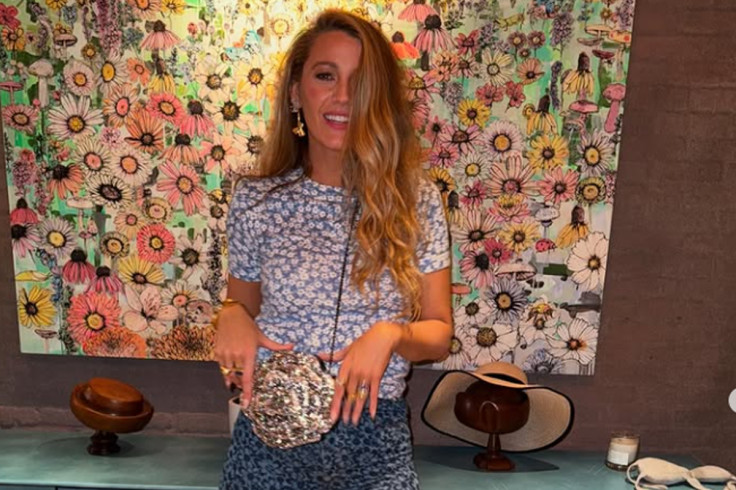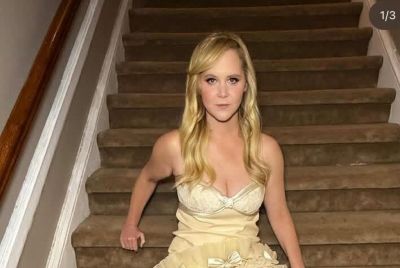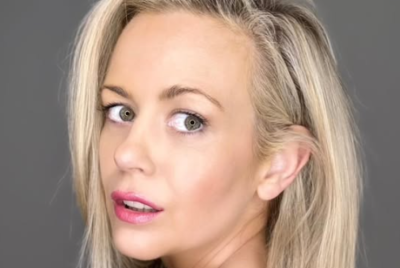Is Blake Lively Targeting a YouTuber Over Her Justin Baldoni Lawsuit? Content Creator Fights Back in Court

KEY POINTS
- YouTuber Kassidy O'Connell claims Blake Lively's team issued subpoenas without legal basis
- Lively's team insists subpoenas are standard tools for evidence gathering in harassment case
Blake Lively, the Hollywood actress embroiled in a messy legal feud with filmmaker Justin Baldoni, is facing another backlash. This time it's coming from a small YouTuber who covered the high-profile legal battle and is taking legal action of her own. She claimed Lively and her team crossed the line by issuing subpoenas aimed at getting her personal data.
On Tuesday, 20 July, content creator Kassidy O'Connell filed a letter to the judge overseeing Lively's lawsuit against Baldoni and Wayfarer Studios, accusing Lively's legal team of using the courts to 'harass and intimidate' independent creators. The 12-page document included an alleged subpoena sent to Google, demanding personal information about O'Connell's account.
'There is no evidence or sound legal basis whatsoever to have issued this subpoena in the first place,' the YouTuber wrote. '[Lively] has been gratuitously allowed to extend her witch hunt for discovery, in which she has no evidence to support.'
Privacy and Power Imbalance
O'Connell's letter is stirring up concern about the balance of power between public figures and everyday online commentators. She said the subpoena not only invades her privacy but also sets a worrying precedent for other creators who simply report on public legal disputes.
'On what legal basis were these subpoenas issued out of this court? Was ANY evidence at all presented to validate them or is [Lively] free to submit just any subpoena to anyone that is not her fan?' she questioned.
The YouTuber also warned the court she plans to seek sanctions over what she called an 'unduly burdensome' legal maneuver aimed at silencing critics.
Baldoni's legal team backed O'Connell's claims, revealing that other creators such as McKenzie Folks were also subpoenaed. In some cases, the demands went as far as requesting credit card or bank account information used for premium account access—raising alarm bells about the breadth and intention behind these subpoenas.
Lively's Legal Camp Responds
Lively's representatives defended their actions, stating that subpoenas are standard legal tools and 'not accusations of wrongdoing.'
'There is no silencing of content creators—they are obviously making their views known,' her spokesperson said in a statement to Us Weekly. 'This is a sexual harassment and retaliation lawsuit against Justin Baldoni and a number of other Wayfarer defendants, and we are simply seeking information to aid in our fact gathering.'
According to Lively's team, the subpoenas are part of a broader effort to trace what they allege was a deliberate smear campaign orchestrated by Baldoni's crisis PR team to 'bury' the actress' harassment claims without leaving a digital trail.
'The subpoenas to social media companies are one piece of the puzzle to connect the evidentiary dots of a campaign that was designed to leave no fingerprints,' her representative added.
Timeline of the Feud
Lively's legal clash with Baldoni first erupted in December 2024, stemming from the production of the film It Ends With Us. The Gossip Girl star accused the Jane the Virgin actor and director of fostering a hostile work environment and engaging in sexual harassment. She also claimed he retaliated by hiring a crisis PR firm to undermine her reputation.
Baldoni, for his part, denied all accusations. He claimed that it was Lively—along with her husband Ryan Reynolds—who seized control of the film's post-production and convinced the studio to release her version, sidelining him in the process.
Although Baldoni's counter-lawsuit against Lively was dismissed last month, the legal battle is far from over. Lively's deposition has been rescheduled to 31 July, and the trial is set to begin on 9 March.
© Copyright IBTimes 2025. All rights reserved.





















